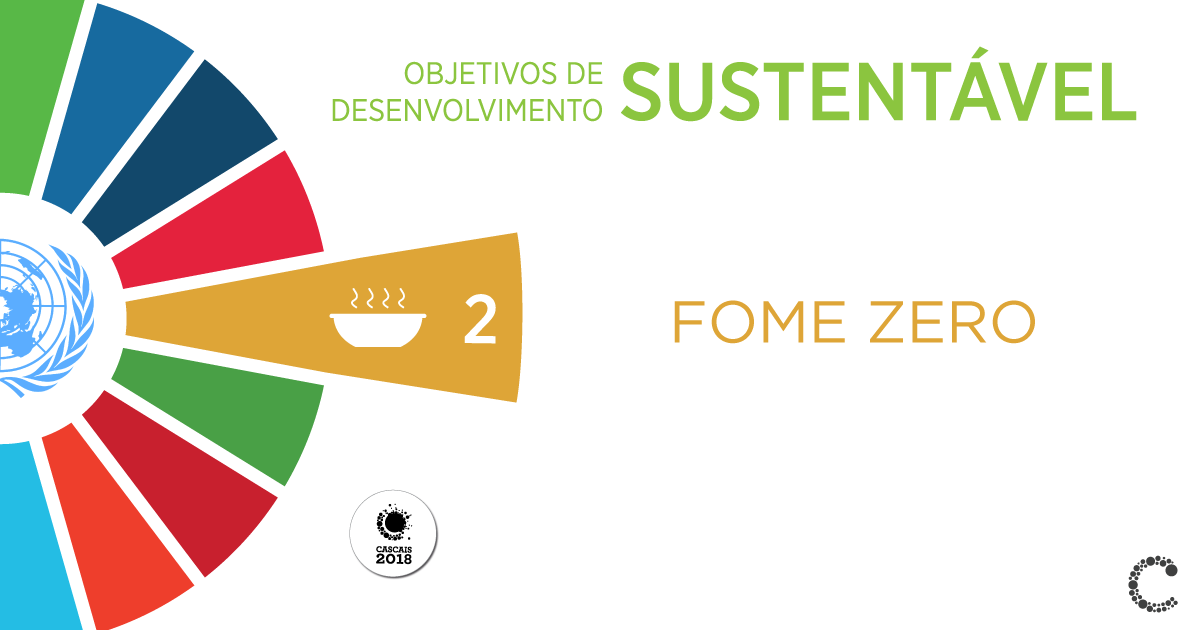The second SDG addresses hunger eradication, achieving food security, improving nutrition and promoting sustainable agriculture.
By 2030, the objective that is stipulated is:
- end hunger and ensure access for all people, in particular the poorest and people in vulnerable situations, including children, to quality, nutritious and sufficient food throughout the year;
- to eliminate all forms of malnutrition, including reaching, by 2025, the internationally agreed targets for dwarfism and cachexia in children under five, and to address the nutritional needs of adolescents, pregnant and lactating women and the elderly;
- to double agricultural productivity and income of small food producers, particularly women, indigenous peoples, subsistence farmers, pastoralists and fishermen, including through ensuring equal access to land and other productive resources such as knowledge, financial services, markets and opportunities for value aggregation and non-farm employment;
- ensure sustainable food production systems, and implement resilient, productivity-enhancing and productive agricultural practices that help maintain ecosystems, strengthen resilience to climate change, extreme weather, droughts, floods and other disasters, and progressively improve the quality of land and soil;
- by 2020, maintain the genetic diversity of seeds, farmed, farmed and domesticated animals and their respective wild species, including through seed and plant banks that are diversified and well managed at national, regional and international levels, and ensure the access and fair and equitable sharing of benefits arising from the use of genetic resources and associated traditional knowledge, as agreed internationally;
- increase investment, including by strengthening international cooperation in rural infrastructures, research and extension of agricultural services, technology development, and gene banks of plants and animals, to increase agricultural production capacity in developing countries in particularly in the least developed countries;
- to correct and prevent trade restrictions and distortions on world agricultural markets, including the parallel elimination of all forms of export subsidies and all export measures with equivalent effect, in accordance with the mandate of the Doha Development Round;
- to take measures to ensure the proper functioning of the markets for agricultural raw materials and their derivatives, and to facilitate timely access to market information, including on food stocks, in order to help limit extreme volatility in food prices.
What can we do to eradicate hunger? Find out some suggestions in the next SDG news.
LET'S TRANSFORM THE WORLD
